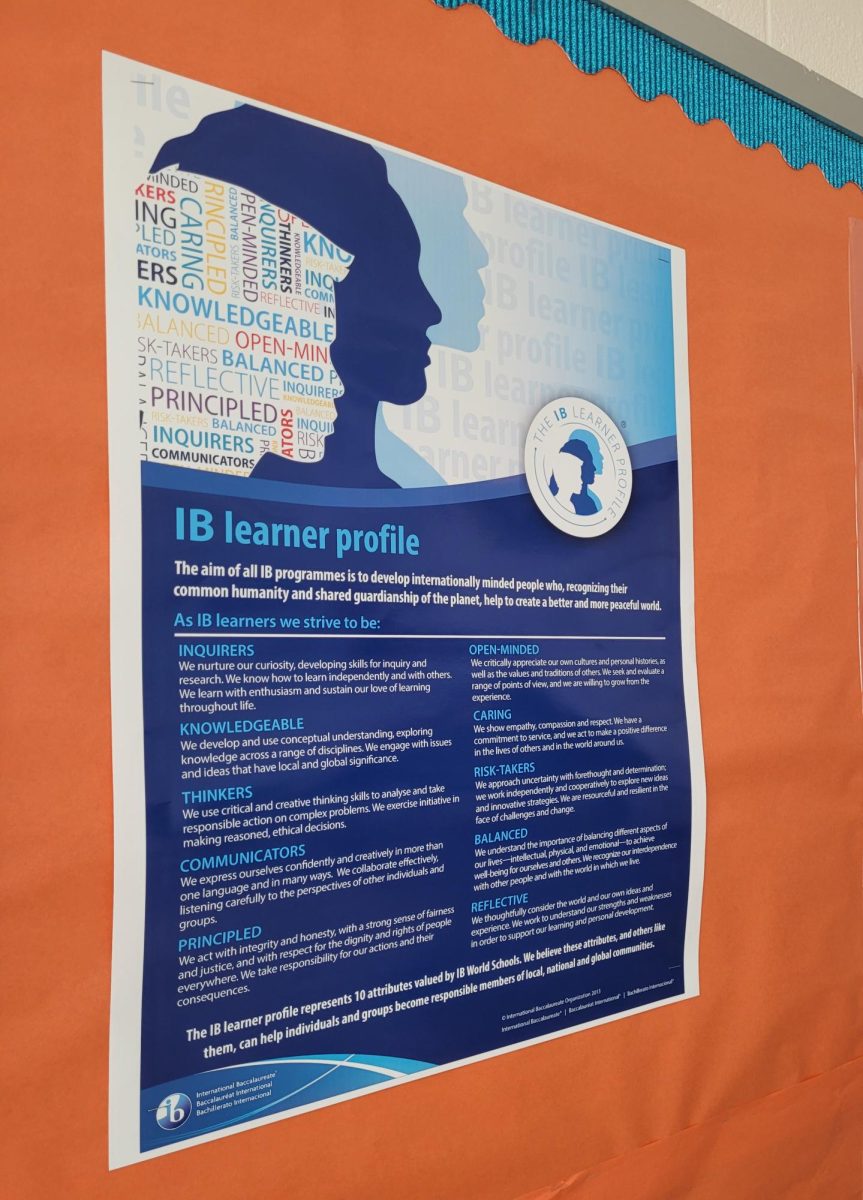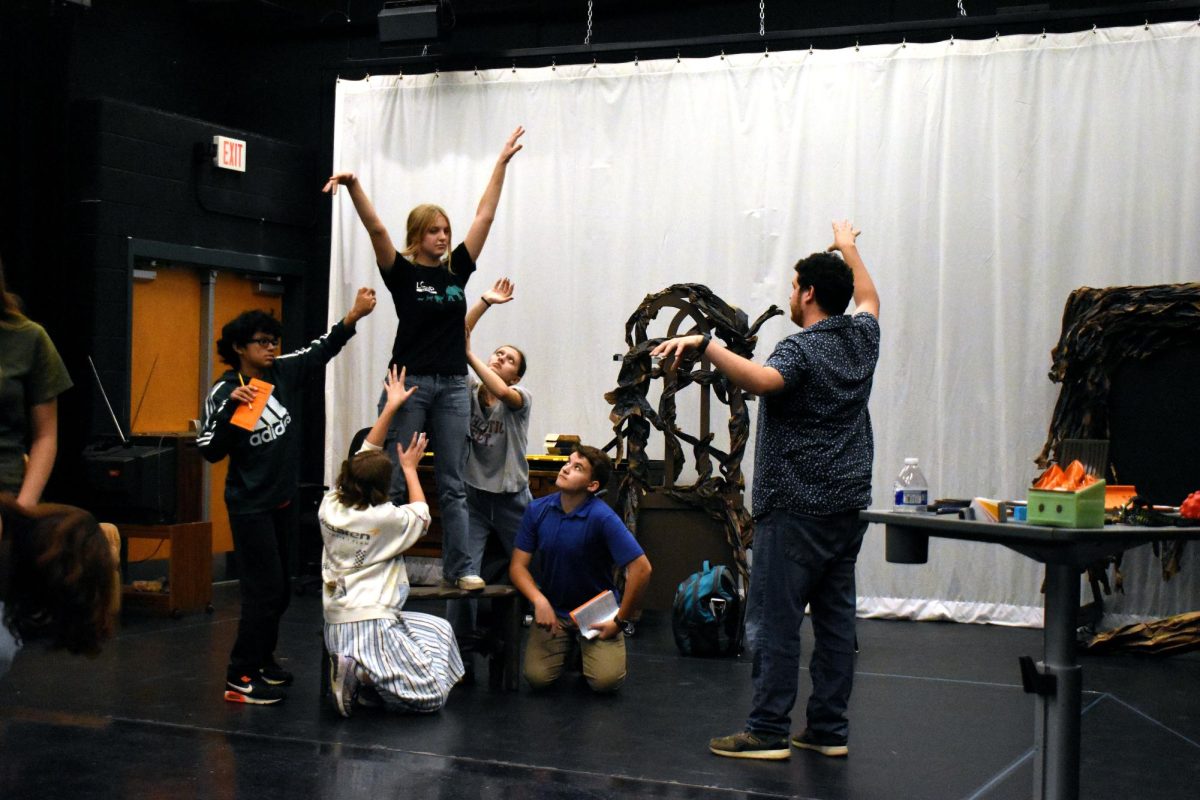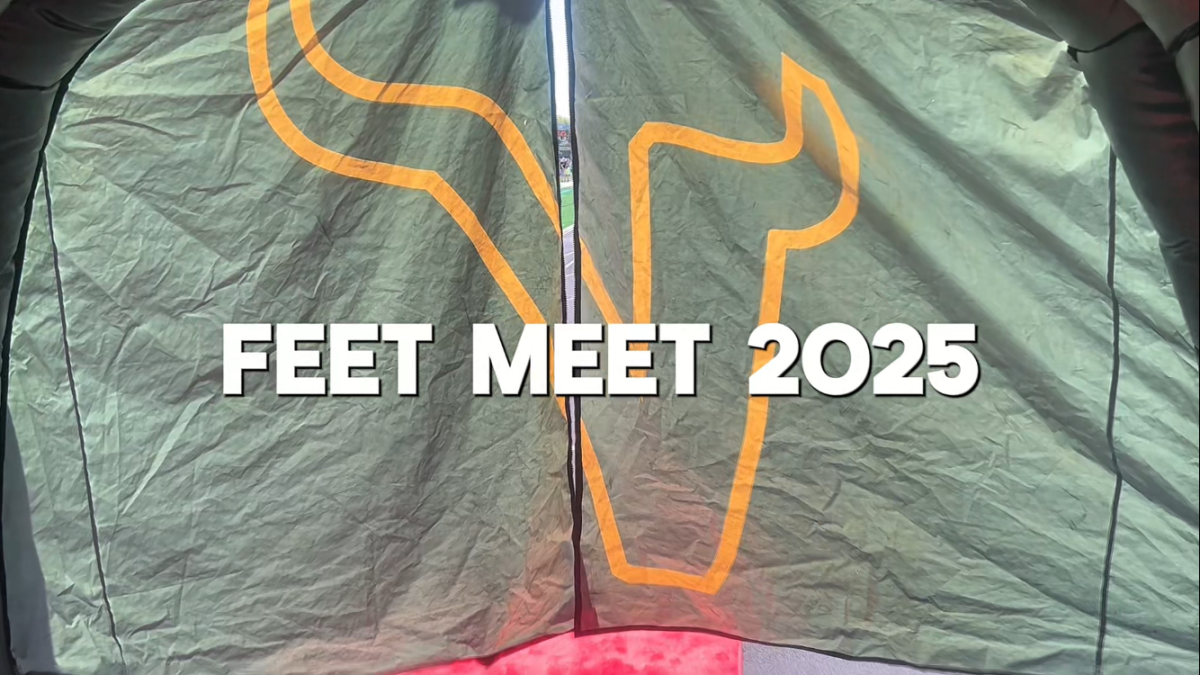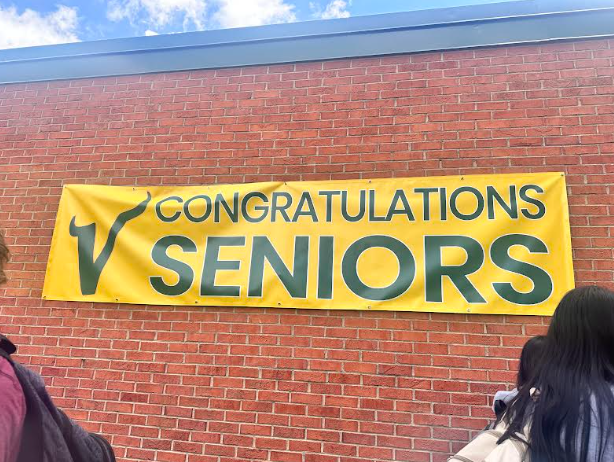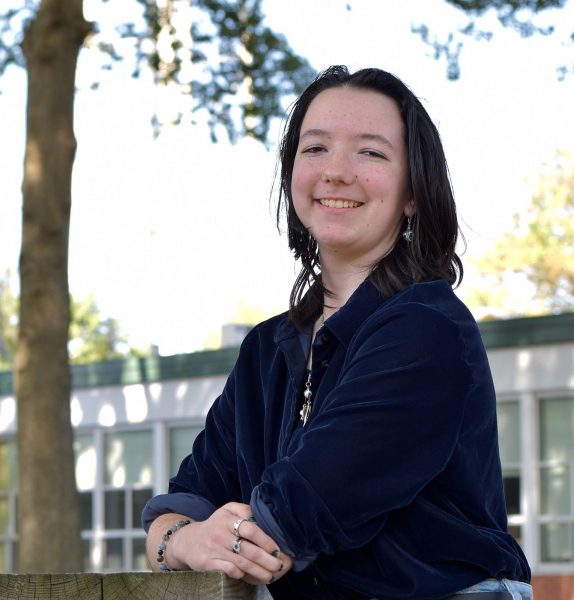Having become an IB (International Baccalaureate) certified school just last year, Valley is now offering its first set of IB classes. A set of teachers who received IB training to teach these new courses are now taking the next steps to establish this program.
“It’s going to take time to grow those programs for the kids to want to commit to,” IB Math Applications and Interpretations teacher Rodney Snyder said. “They don’t know the IB program as well.”
IB Math Applications and Interpretations is one of two IB Math courses currently offered and, unlike many traditional AP and DE courses, it combines several different fields of mathematics over its two year span. The course places additional emphasis on practical application of mathematics and covers statistics extensively.
Like many other IB classes this year, Snyder’s class is relatively small with only 14 students. So far, Snyder has found that planning for his IB course takes a greater amount of preparation than his other classes.
“Because it is new and approaches are supposed to be different, I find myself spending more time preparing for class,” Snyder said. “Anytime you teach something for the first time, there’s always stumbling blocks.”
For IB Global Politics teacher Kent Bailey, his new IB course hasn’t been too dissimilar to his usual classes: DE International Relations, AP Human Geography and DE US Government.
IB Global Politics is one of three Individuals and Societies IB courses currently offered and is not required in order to achieve an IB Diploma — the class is considered an additional elective that IB Diploma candidates can take in their singular elective slot.
Bailey has seen a remarkably high level of commitment and knowledge from his small group of six students, displaying the students’ commitment to their elective class
“They don’t necessarily need to know everything,” Bailey said. “But this class, being as sharp as they are, I just feel like it’s going to be kind of the sky’s the limit with this group.”
Both Snyder and Bailey look forward to the opportunity to have the same set of students over the span of two years.
“The fact that we’ll be together for two years, right, is actually a really kind of cool thing, because you get to know the kids that much better,” Bailey said. “They become so much more of a cohesive group.”
Being the only German teacher, however, Teresa Breitenthaler already knew all her IB German students from past classes.
“I have the advantage of having had these same students for the last number of years, so we really were able just to pick up where we left off with some added IB mentality,” Breitenthaler said.
Still, Breitenthaler noted again the higher level of commitment she’s seen from her small group of eleven IB students.
“These are students who I can give the rigor, they expect the rigor, and they live up to my expectations,” Breitenthaler said. “And they know that they’re supposed to live up to the expectations.”
IB Math Analysis and Applications teacher Bill McQuail has seen much of the same from his group of five IB students. IB Math Analysis and Applications differs from the other IB Math course in its emphasis on the theoretical and conceptual side of mathematics.
“We do a problem — and it won’t just be, hey, this is how we solve the problem,” McQuail said. “This is the type of problem, this is how you solve it. So it’s really good the way we’re able to have the time to go into depth.”
Even with the success teachers have seen so far in their small IB classes, Breitenthaler has concerns about how the addition of IB courses will affect participation in other accelerated courses.
“I’m wondering if now only offering the upper levels of German as IB, I’m wondering if that is going to turn off kids who are not on the IB path,” Breitenthaler said.
Come next year, AP German will no longer be offered, leaving students who wish to continue pursuing the subject with the two-year-long IB German course as their only option. Other AP classes are expected to meet similar fates.
“If there’s an IB equivalent, the APs are going to disappear,” Breitenthaler said.
Either way, many of these IB teachers remain optimistic for the future of the IB program.
“It’s just starting small, and hopefully what we’re gonna do is it’s gonna grow, because we’ve done everything we can to try to encourage people to sign up, right?” McQuail said.
“The word’s got to get from the students that, hey, this is a great experience, and IB is the way to go.”

